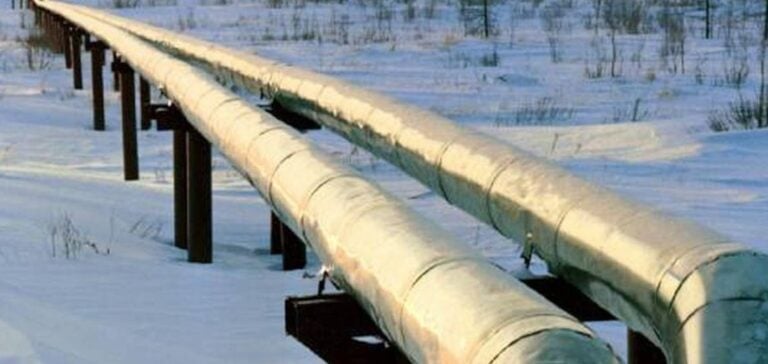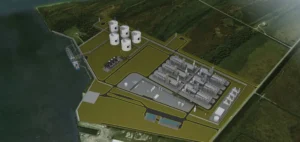Ukraine’s gas sector is facing unprecedented challenges as a result of the ongoing Russian invasion. However, despite the geopolitical tensions, Russia continues to deliver part of its natural gas to Europe via the Ukrainian pipeline network. This transit is of crucial importance in ensuring Europe’s energy security and maintaining a stable supply.
Transit volumes below contractual levels
According to the Ukrainian trade group AGPU, Russian gas deliveries to Europe via Ukraine reached 1.31 billion cubic meters (Bcm) in May, up 5% year-on-year. However, this volume represents only 39% of the contractual volume agreed between Gazprom and the Ukrainian operator. Current flows are well below the levels envisaged in the long-term transit agreement signed in 2019, which expires at the end of 2024.
Implications for European energy security
The drop in volumes transiting through Ukraine raises concerns about the security of Europe’s energy supply. Several European countries, including Austria, Slovakia, the Czech Republic and Italy, still depend on Russian gas transported via this route. The European Commission is exploring diversification options to replace these volumes, but stresses that Europe can meet its demand without Russian gas from 2025 onwards.
Uncertain outlook for agreement renewal
As the current transit agreement expires at the end of 2024, the prospects for renewal remain uncertain. Ukraine has ruled out any direct negotiations with Russia, and the European Commission has also distanced itself from any facilitating role. Geopolitical tensions persist, making it difficult to extend the existing agreement.
Despite the challenges, maintaining partial transit of Russian gas via Ukraine remains crucial to avoid major supply disruptions in Europe. The next few months will be crucial in determining whether a new agreement can be reached, or whether other diversification solutions will have to be implemented.






















